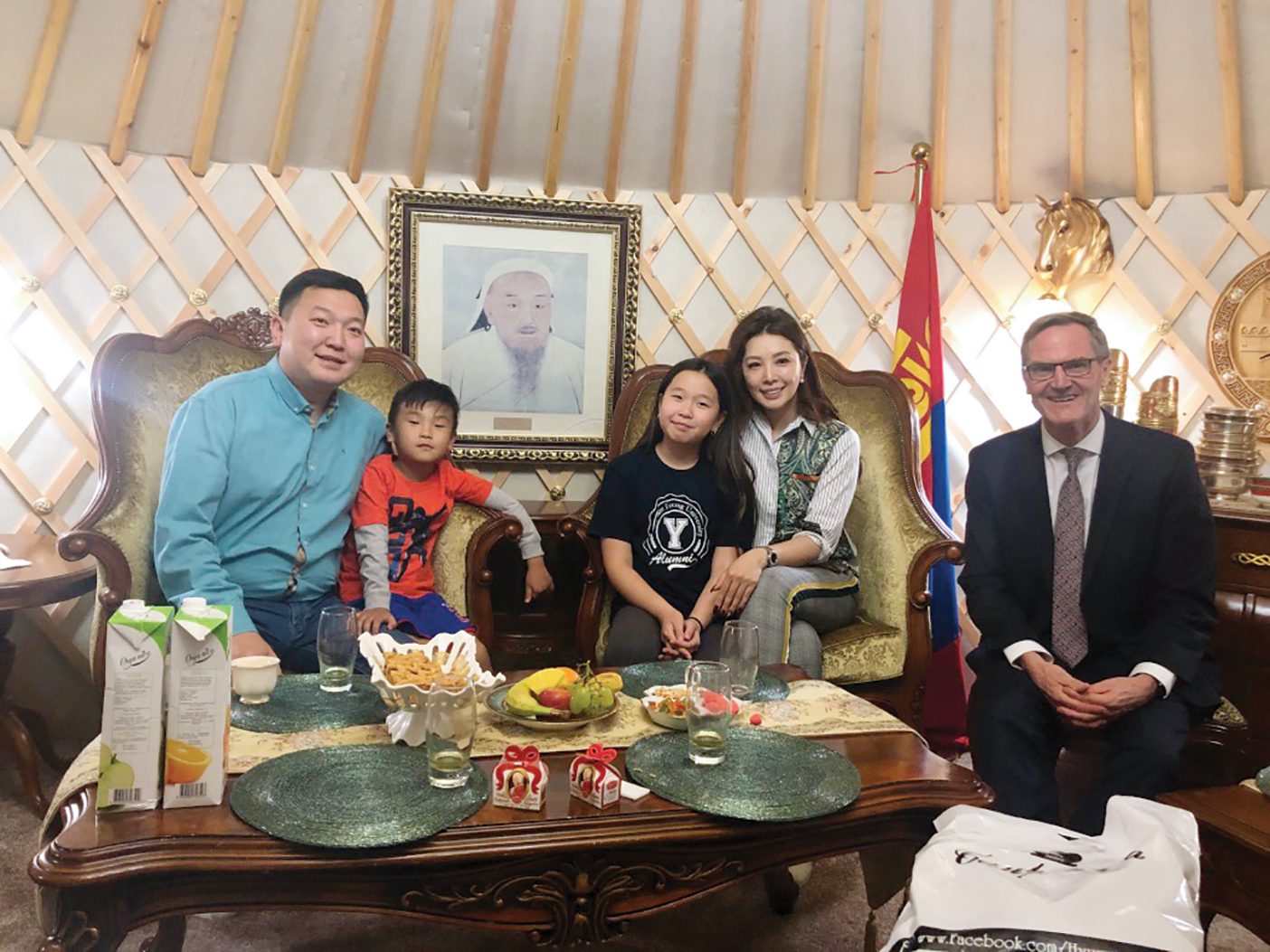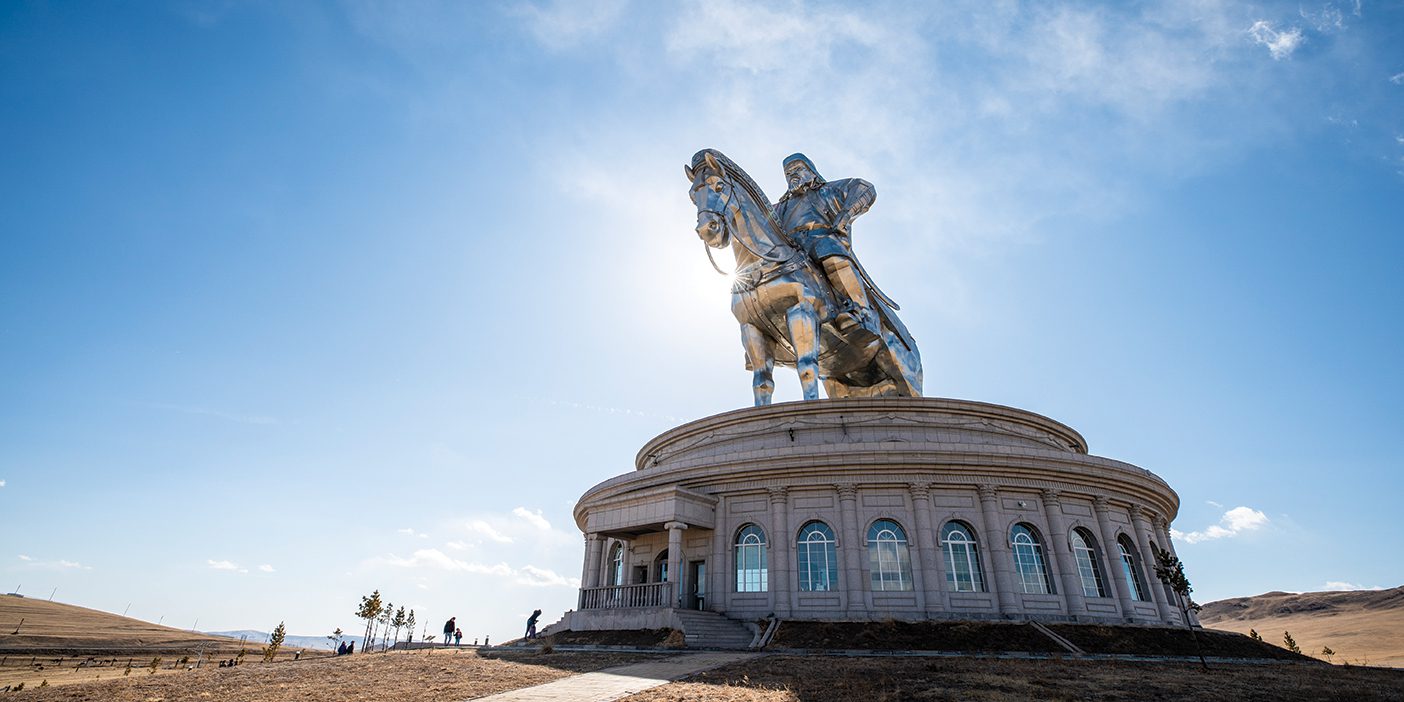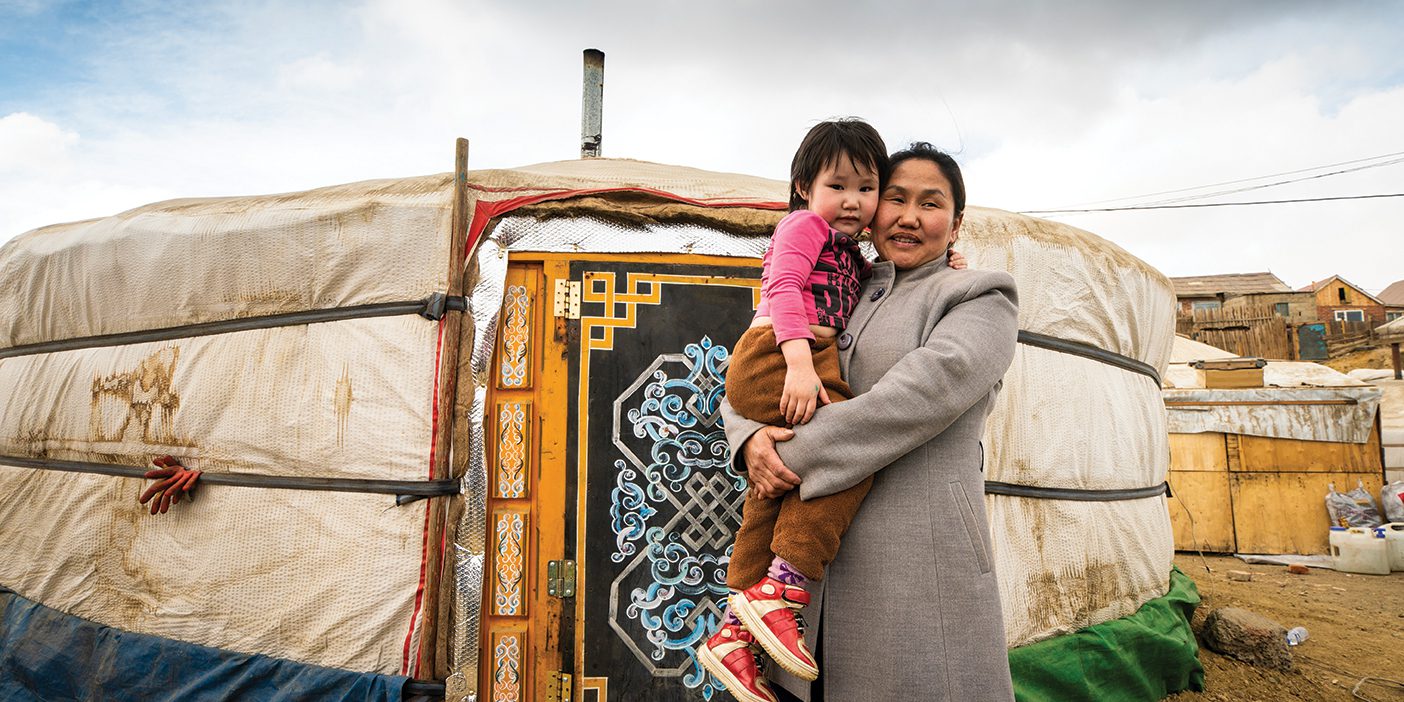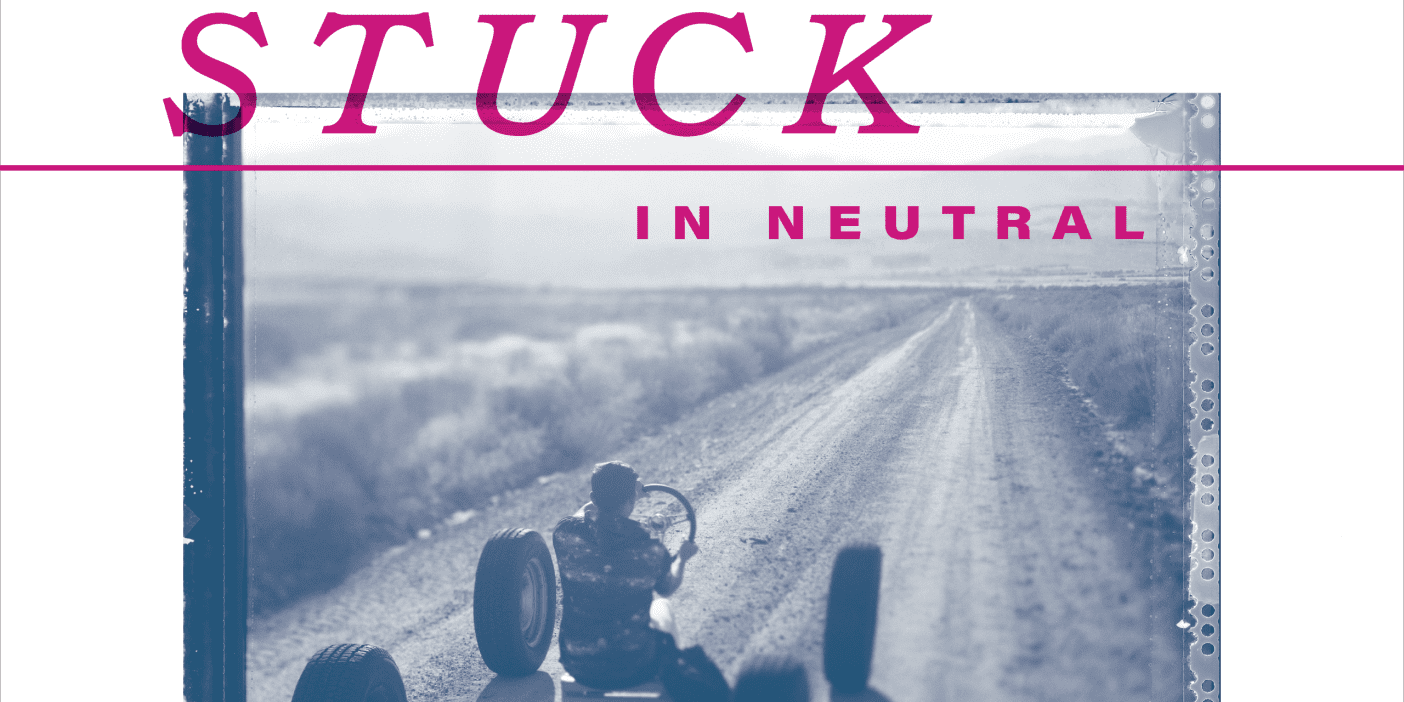
Mongolia conjures images of Bactrian camels and windy steppes, but for former BYU–Hawaii president Steven C. Wheelwright, it brings to mind memories of diligent, striving young people. “They are deep learners,” he says. “They want to understand things. They want to be successful. And they’re very entrepreneurial.”
So it was fitting for the BYU Management Society (MS) to gather more than 200 people from across Asia to the capital city of Ulaanbaatar in May to discuss entrepreneurship. Following a separate visit of BYU engineering students to create cleaner air from more efficient gers (yurts), this conference discussed ways to clean up the business environment through moral and ethical business practices and leadership.
The packed two-day conference featured world-class keynote speakers like Wheelwright, who is a former senior associate dean of the Harvard Business School, and Gregory P. Cook (BA ’93), founder of DoTerra; helpful breakout sessions; and a business-plan competition with entrants from Cambodia, Taiwan, and Mongolia.
According to organizer and MS Asia-Pacific regional director Anita L. Hummel (BA ’84), “the Mongolians were hungry to have this conference. They worked hard to put it on and brought significant national press attention to the Management Society.” Adiyabold Namkhai, a local stake president and MS member, agrees. “It was a great learning experience for us as a chapter and a great public-relations opportunity,” he says. Hummel, BYU Global Management Center managing director Jonathon C. Wood (BS ’97, MBA ’03), and others shared the MS mission on a national television program.

Familiar with the ger project, the mayor of Ulaanbaatar invited other government officials to a special dinner with the BYU visitors. Bradley R. Agle (BS ’86), a professor in the Romney Institute of Public Service and Ethics, sat by a Mongolian supreme court justice and a cabinet member. Based on their discussions at that dinner, conference organizers invited Agle to return to Mongolia to teach government and business leaders. They plan to translate a book he coauthored, The Business Ethics Field Guide, into Mongolian in advance of that visit.
“The Management Society lets us reach out to and change the lives of people in far-flung places who would never be able to attend BYU,” Hummel says.
Agle adds: “In many countries with growing economies like Mongolia’s, the rule of law and ethics are still developing. [MS] members can provide real leadership in creating a more ethical culture and business environment.”












